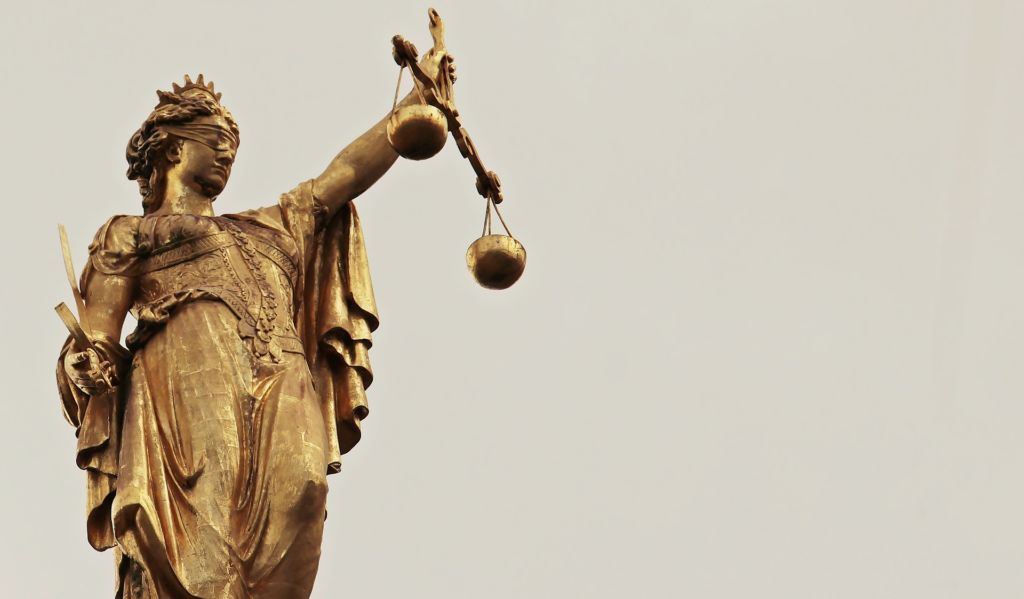Where Does Humanity Lie in the Law?
From the Journal of Clarissa Gonzalez ’22 | Date: October 1, 2021

Names have been changed to preserve confidentiality.
Xavier Anderson was on the calendar for today. He had been detained at Rikers Island for a few months during the pandemic. His attorney knew that each minute he spent in jail was one too many. Getting him scheduled to appear in court before the long weekend was a priority. He was eager to go home. Through this small action I was able to witness true advocacy and attorney John Parker’s clear commitment to his client’s wellbeing. We arrived at the courthouse at 9:00 am and, as we entered, the warmth of the summer heat quickly got lost in the large room. John Parker explained to me that today Xavier Anderson was appearing before the Judge to take a plea. The conditions required him to complete several hours of community service and pay restitution. To be released, Xavier Anderson would have to make a monetary deposit. I watched John Parker as he called Xavier Anderson’s mom about coming to the courthouse with the payment. With a sick child at home, making the trip would be difficult. However, then, the terms of his plea quickly changed. Xavier Anderson would be released today and make his initial payment online.
“I have to wear my tans out?” Xavier Anderson asked while folding all the papers the Court had given him. We all walked to the elevator together as Xavier Anderson and John Parker continued to talk. Xavier Anderson was thinking about who to call first. He decided to call his mom. When the principle purpose of punishment is incapacitation, the release of a defendant is a win. This is a win, and that joy was not lost. It could be heard in Xavier Anderson’s voice when he spoke to his mom on the phone. It could be seen on John Parker’s face when he followed Xavier Anderson out of the court room and into the lobby.
Public Defenders not only have the responsibility to represent their client, but they are also tasked with reminding the Court of the client’s humanity. The law has created a dichotomy that polarizes two extremes, so it is often a battle for clients to be seen in court as the individuals that they are and not as the actions that they have taken. However, there is a space in between good and bad where the complexities of humanity cannot be categorized but that chaos is not recognized by our legal system. That lack of understanding drives me to advocate for my community members through client centered lawyering and work with others to shape equitable law. As a Latina from the Bronx, New York I have witnessed my own family members navigate the criminal system and I have witnessed their overall defeat as their bodies were oppressed by the systemic racism that permeates every aspect of life for brown and black folx. I value the chance I had to witness Xavier Anderson go home.
Clarissa Gonzalez is a 2021 Sorensen Center Fellow. Funding for Clarissa’s Fellowship was provided by the Jerome L. Greene Foundation.

